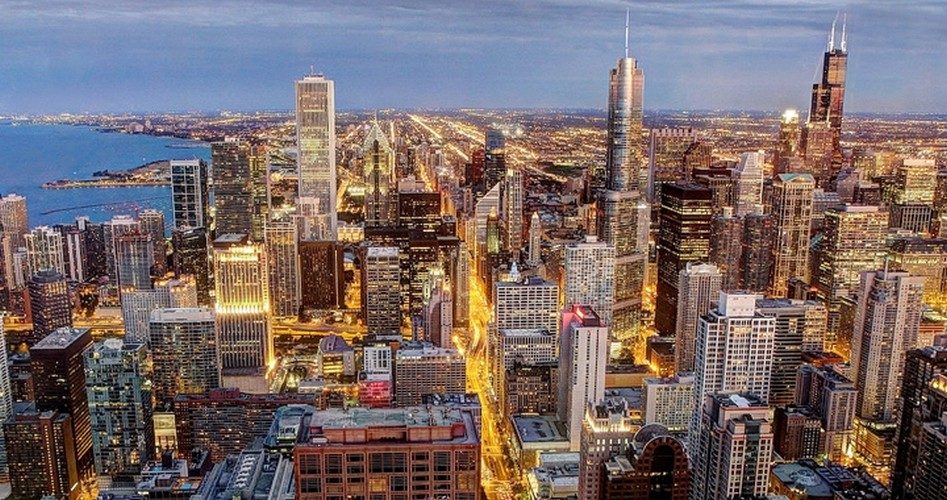
At least 52 people were shot and 10 were murdered in the most violent weekend in Chicago thus far in 2019. Eight of the murder victims were shot, and two were stabbed. The violence eclipsed that of the long Memorial Day weekend in which 43 were shot, seven of them fatally.
Chicago police believe that most of the people shot were targeted by gangs. Deputy Chief Al Nagode, who oversees the city’s west side where much of the violence emanated from, said the shootings were “not random” and appear to be motivated by a disputed open-air drug market in the city.
At least two of the murders were likely incidents of domestic violence, according to the Chicago police.
“I can tell you, weekends like this, all our officers take this very personal,” Nagode said. “We faced formidable challenges with gang factions settling conflicts with gun violence.”
Chicago Police Superintendent Eddie Johnson called the weekend violence “despicable” and said it shows that “the challenges we face are complex and profound.”
“I know I speak for everyone at CPD when I say we take these shootings seriously, and there’s a heightened sense of urgency and care when it comes to gun violence in this city,” Johnson said during a Monday press conference.
More than half the victims were murdered or wounded in a twelve-hour stretch beginning Friday night and extending into Saturday morning. According to Johnson, the violence began on the city’s west side and spilled into downtown. Violence also flared on the city’s south side and moved into other neighborhoods as the night went on.
Beginning Saturday, police initiated targeted patrols in areas where gang retaliations were expected. The targeted patrols yielded 19 arrests on gun charges and the confiscation of over 90 illegally obtained guns. Johnson also said that the department has some “very good leads” on some of the homicides and expects to make more arrests soon.
Thus far this year in Chicago, 206 people have been murdered. That’s actually down 5 murders from the same time period last year. A total of 561 homicides occurred last year, which was down from 2016, when homicides reached a 19-year-high of 777.
The 561 murders for 2018 year outnumbered New York (289 homicides) and Los Angeles (256 homicides) combined.
In Chicago, as in many northern cities, violent crime spikes in the summertime when the weather improves. As festivals, backyard barbecues, and other summertime events rise, so do tensions in the city. Back in April, then mayor-elect of Chicago Lori Lightfoot referred to this phenomenon as “summer violence season.”
Now, as mayor, Lightfoot has set in place new “Accountability Mondays” where she will meet with Chief Johnson and other officers to discuss what happened over the weekend and what can be done to intercede in the future.
“We’re going to have these meetings regularly so we can take account of what’s happening,” she said.
Meetings are fine, but only if there is concrete action taken as a result. If they are only sessions meant to “prove” to the press that the mayor and the police chief are taking the situation seriously, they may as well skip them.
Last year, after another particularly violent Chicago weekend, former New York City Mayor and current lawyer for Donald Trump Rudy Guiliani offered some insight. “Chicago murders are a direct result of one-party Democratic rule for decades. Policing genius Jerry McCarthy can do for Chicago what I did for NYC. He was one of the architects of CompStat. Slashed homicides over 70%. Tens of thousands of lives saved,” Guiliani said in a tweet.
While CompStat, a computer management system that aids police in organization and crime-fighting, might help, it’s the first part of Giuliani’s statement that makes the most sense. Chicago has a well-earned reputation for political corruption dating back decades. Perhaps the simplest solution lies with removing the current leadership in the city and replacing them with people who aren’t corrupt and are not beholden to criminal interests.
As usual, the solution resides with the people themselves, not with the government. Only when the people get sick enough of the violence to act with their votes will the situation improve.




